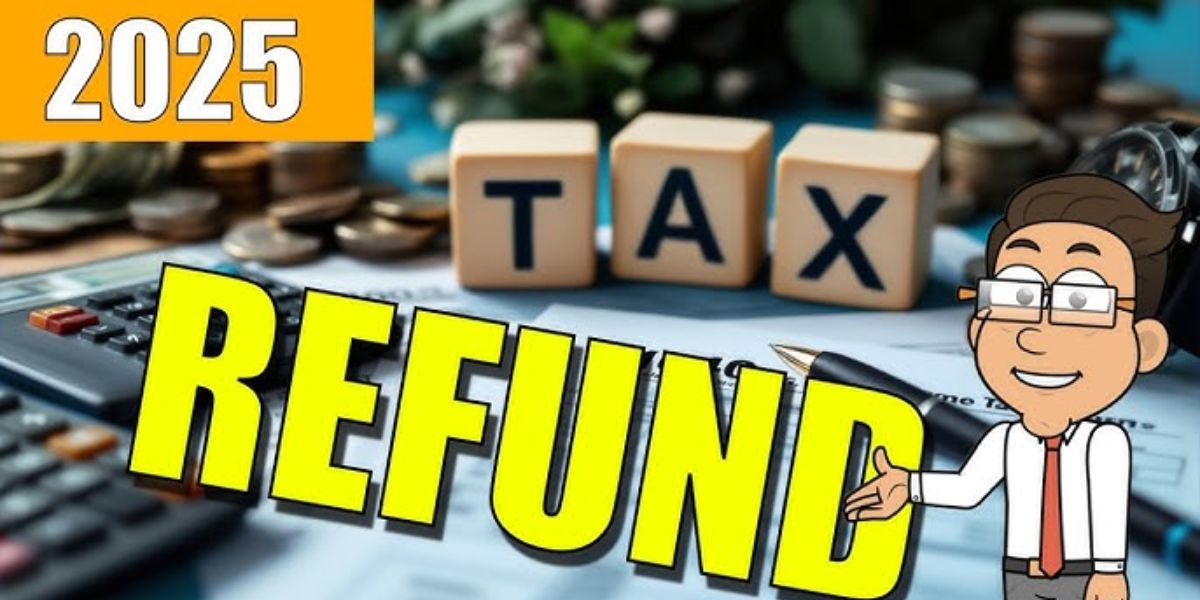Ownership of an electric vehicle seems to be a sensible choice as it will promote the drive for climate change. But it may also qualify them for an incentive program.
Choosing the correct vehicle can be a bit complicated, as there are so many options available. An electric vehicle, or EV, is a motor vehicle whose main propulsion system is powered either fully or partially by electricity. Electric vehicles don’t only refer to motor vehicles, but can also refer to, amongst other things, electric aircraft, electric boats, and even electric spacecraft. These vehicles came to life during the 19th century.
Sifting through the various options
As mentioned, there is a myriad of options available when one wishes to purchase an electric vehicle. Some of the bigger car brands available do have models that cater to these needs. Hybrid vehicles, for instance, have a “best of both worlds” feel. It has a standard, conventional internal combustion engine coupled with an electric engine. Hybrid electric passenger cars seem to be a firm favourite.
For those with an “all or nothing” approach, the pure-electric vehicle would be best. This vehicle is all electric and operates with either a solar panel, a fuel cell, or a battery. Plug-in electric vehicles can be defined as those vehicles that require to be charged from an external source. The electricity generated by this means is stored within a rechargeable battery pack. Individuals open to a two-wheel drive can consider the motorcycle options.
The tax credit meets the electric vehicle
A lot of current and prospective EV owners have raised various questions related to the IRS EV tax credit. In most instances, this is related to the qualifying criteria and the benefit thereof.
There is a simple explanation and then a more realistic explanation. In short, purchasing an FCV (fuel cell electric vehicle) or a qualified plug-in EV may allow the individual to qualify for a credit of up to $7,500 (IRS Code Section 30D).
A good example of how this is incorporated can be seen with the purchase of an EV. If the EV is purchased and the amount due on the income tax is, e.g., $3,500, the amount received on the federal tax credit would then also be $3,500. If an amount of $10,000 is owed, the tax credit would be the full amount of $7,500. Any unused portion of the credit of $7,500 is non-refundable and will revert to the IRS.
The Inflation Reduction Act and the Federal Tax Credit
The Federal tax credit amount available for vehicle owners is $7,500, with the eligibility being for the period January 2023 to December 2032. The tax credit for those automanufacturers whose vehicles reached 200,000 sold has been eliminated. It is still debatable whether or not the tax credit can be implemented at the end of the fiscal year or the point of sale.
An important factor is that the assembly point for the vehicle should be in North America. The vehicle in question can qualify for either of the two binary pieces or none at all. $3,750 of the new credit in 2025 refers to the fact that the vehicle needed to have 60% of the battery-critical minerals supplied from North America or countries that have a free trade agreement with the United States.
There are numerous benefits available to the purchase of an electric vehicle. Not only are they good for the environment, but they also hold some benefits for the owner.
The IRS website has information available that can guide beneficiaries on the types of credit available. This will give clear guidance on the eligibility, amounts available, etc. Individuals who prefer a more traditional approach can stop by the IRS offices to discuss these details in-depth.




